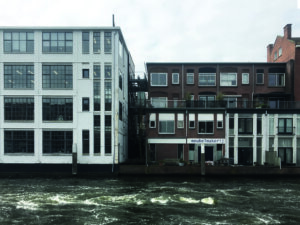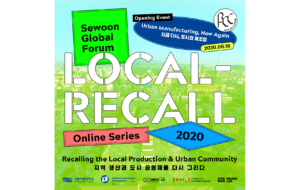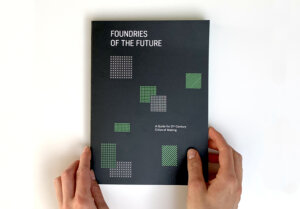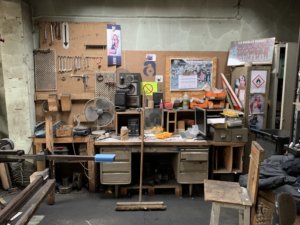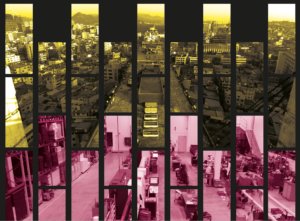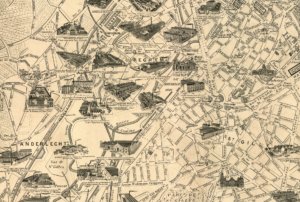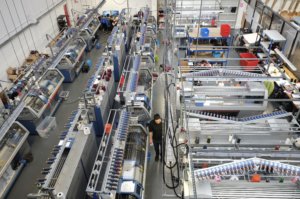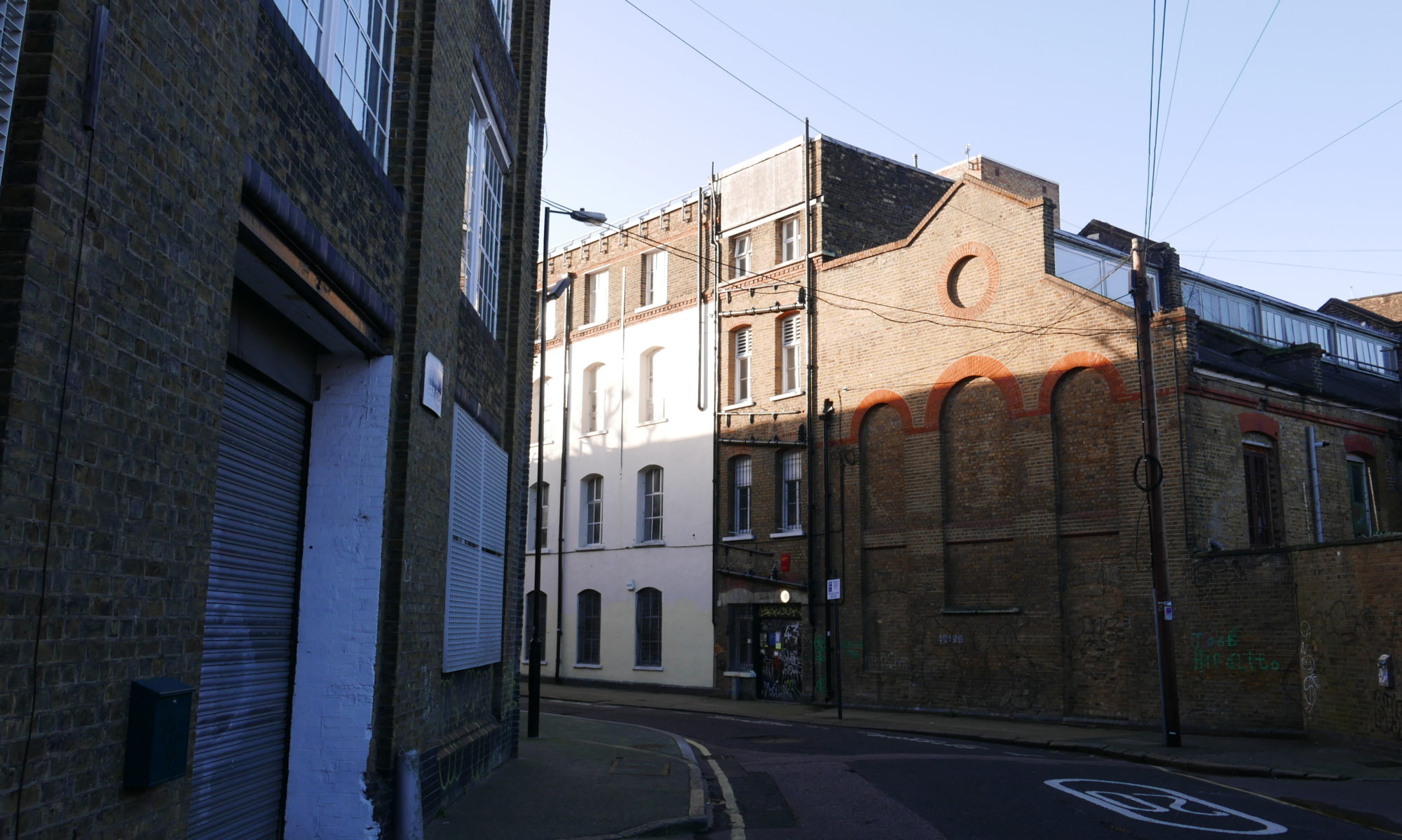
Cities of making: the role of manufacturing in a thriving city
Hackney Wick – a former industrial neighbourhood on the brink of change / ©Adrian Vickery Hill
Our cities have a long history as centres of production. Today, whilst new technologies offer enormous potential for innovative making in urban centres, manufacturing also faces significant challenges as it competes for space to thrive. Now is a critical time for us to discuss what goals urban policy should pursue in relation to manufacturing. Alongside European partners the RSA will do this in a new programme, Cities of Making.
Cable Street, Limehouse, Vauxhall – we are surrounded in London by the ghosts of the city’s industrial past; remnants of activity and production which shaped both our neighbourhoods and our economy.
For centuries European cities were places of industry and creation, as well as places of trade and service. But over the last fifty years, as technology and the economy changed and we increasingly moved to producing many goods overseas, the manufacturing activities taking place in European urban centres have faced change and decline. Someone of my age has grown up hearing that ‘we don’t make anything here anymore’, that industry and manufacturing are a closed chapter in British urban history. A growing service economy is welcomed by some, while both nostalgia and resentment for industry and its jobs still exist.
In London, particularly, you’d be forgiven for thinking that any significant manufacturing activity exited stage left as the city emerged into the spotlight as a world leading financial centre, complete with glinting skyscrapers built atop the city’s former industrial heartlands.
But this is far from the true picture. London has a sizeable manufacturing base, from metal fabrication to food production, garment production to furniture making; activities which form part of a wider industrial base including warehousing and waste processing, operations which underpin the daily activities essential to our city’s life and economy.
The future for urban manufacturing
London’s diverse manufacturing sector finds itself in a challenging position, swayed by competing tides. We need a well-evidenced debate about what goal urban policy should pursue in relation to manufacturing, and what role different agencies and institutions should take in pursuing that goal.
One hand points to an exciting future: digital technologies are offering new ways of doing and of organising manufacturing, new businesses are emerging, in part as a result of a rising consumer interest in the provenance of products, and government are taking a renewed interest.
The other hands shows bleaker prospects as the demands for housing and redevelopment lead to a loss of industrial accommodation, the unintended consequence of land economics and our planning system.
Cities today face complex social, environmental and economic opportunities and challenges: in new forms of technology and business models, in increasing pressure from climate change and resource issues, and in changing demographics. In this context it’s time to look at what London’s manufacturing base offers this city, and what it might help us to achieve in the future.
Cities of Making
With this in mind, the RSA has launched a new project called Cities of Making. In partnership with UCL, TU Delft, Brussels Enterprises Commerce and Industry, Latitude Platform for Urban Research and Design, l’Université libre de Bruxelles and Vrije Universiteit Brussel, this two year project will explore opportunities for urban based manufacturing in three European cities: London, Rotterdam and Brussels. It aims to understand what works in supporting a resilient urban manufacturing base, and to provide practical support and information to local authorities, planners and civil society to help in achieving this. Here are some of the areas and questions we will be exploring:
Diversity
Cities bring together different people, culture and activities. This diversity can be the potential for flexibility, innovation and resilience. What can a diverse economy, incorporating a range of manufacturing activities, business sizes and locations, offer a city and its communities?
Innovation
London, and the UK more generally, prides itself on its leading creative sector. The fashion industry is a prime example, there we have happily outsourced production and retained design. But as global trends shift, what might the impacts of this splitting, and the resulting loss of skills, be for the long term innovative edge of a city?
Jobs
Often cited as a reason to support manufacturing, good jobs and employment are vital for London’s growing population. But our collective ideas of a job in manufacturing might well be outdated. What are jobs in our urban manufacturing sector really like today, and what might they become as automation and other new technologies change the way we work?
These questions are, of course, not unique to London, Brussels and Rotterdam. Each of these cities brings its own heritage and personality to the mix, by investigating these urban centres in more detail we hope to understand better how manufacturing can continue its importance across European cities, and envision a future where manufacturing plays a key role in supporting urban communities to flourish in the way they live and work.
___
Text originally featured by The RSA – see the original here.
